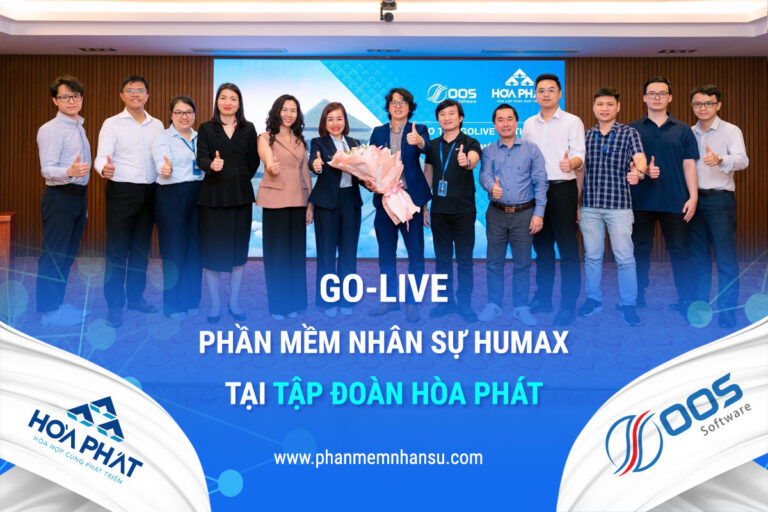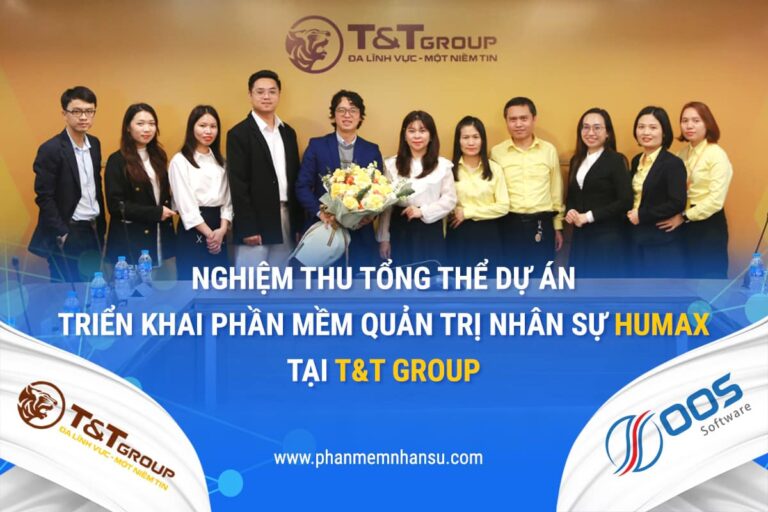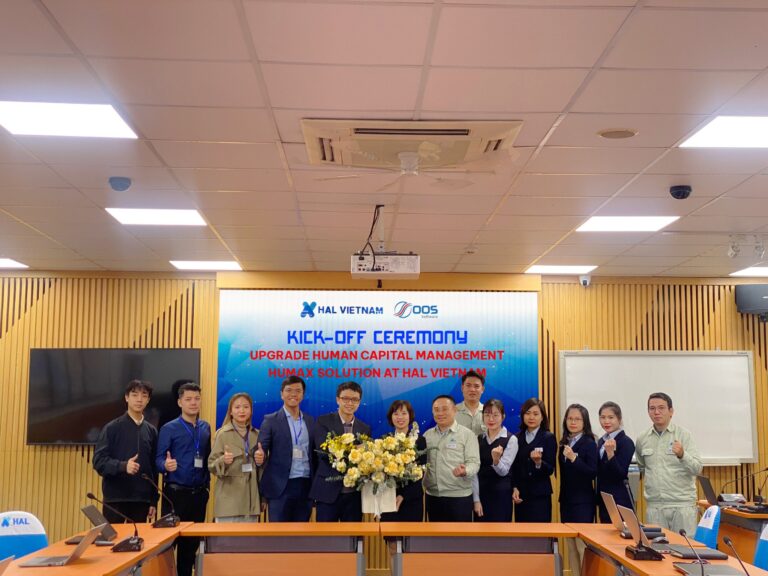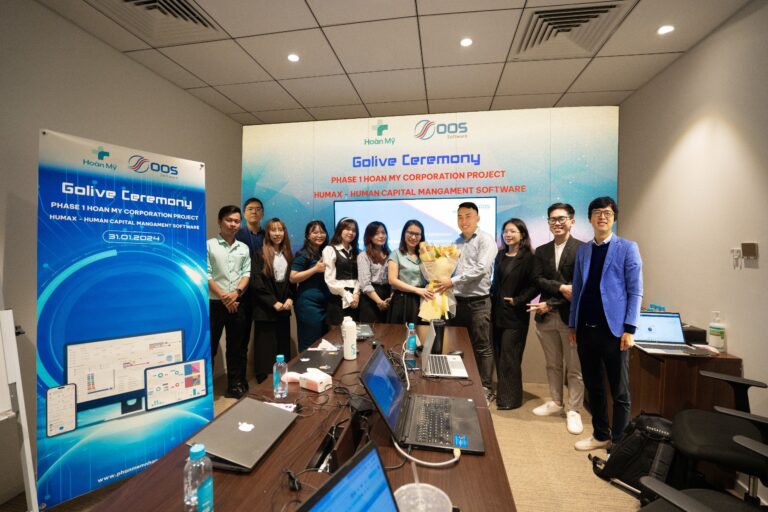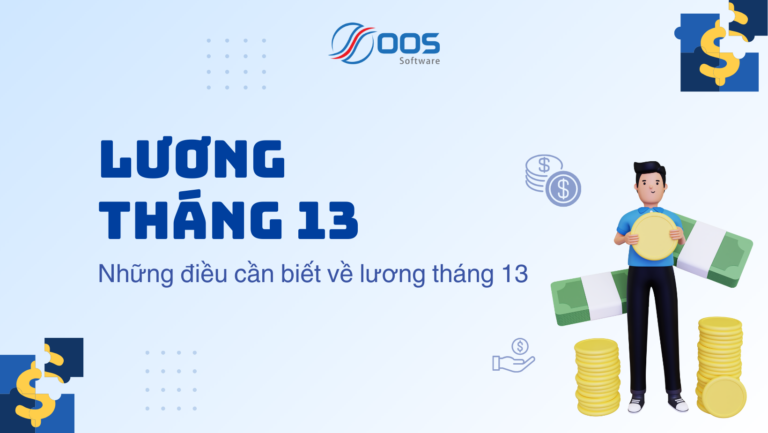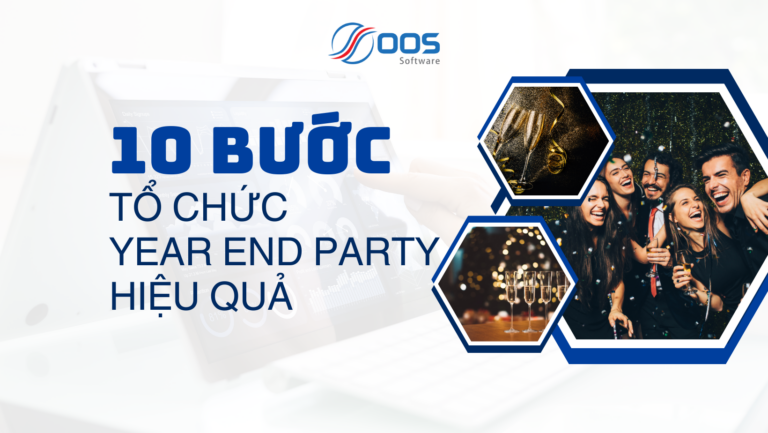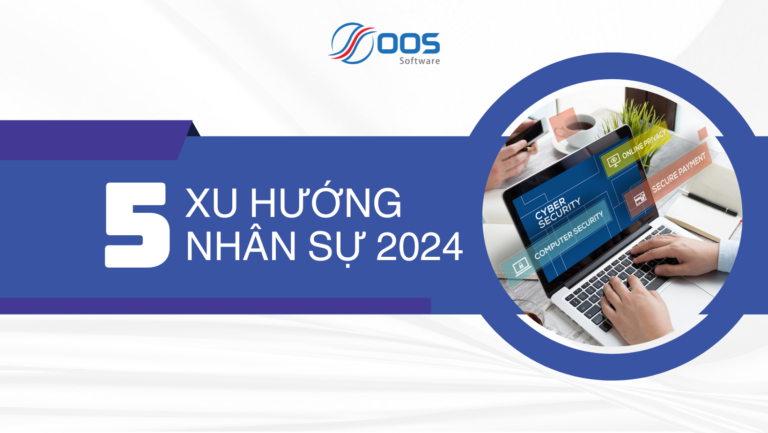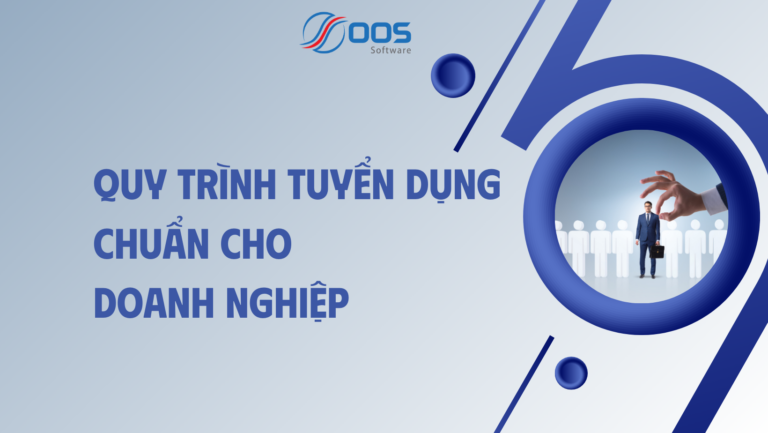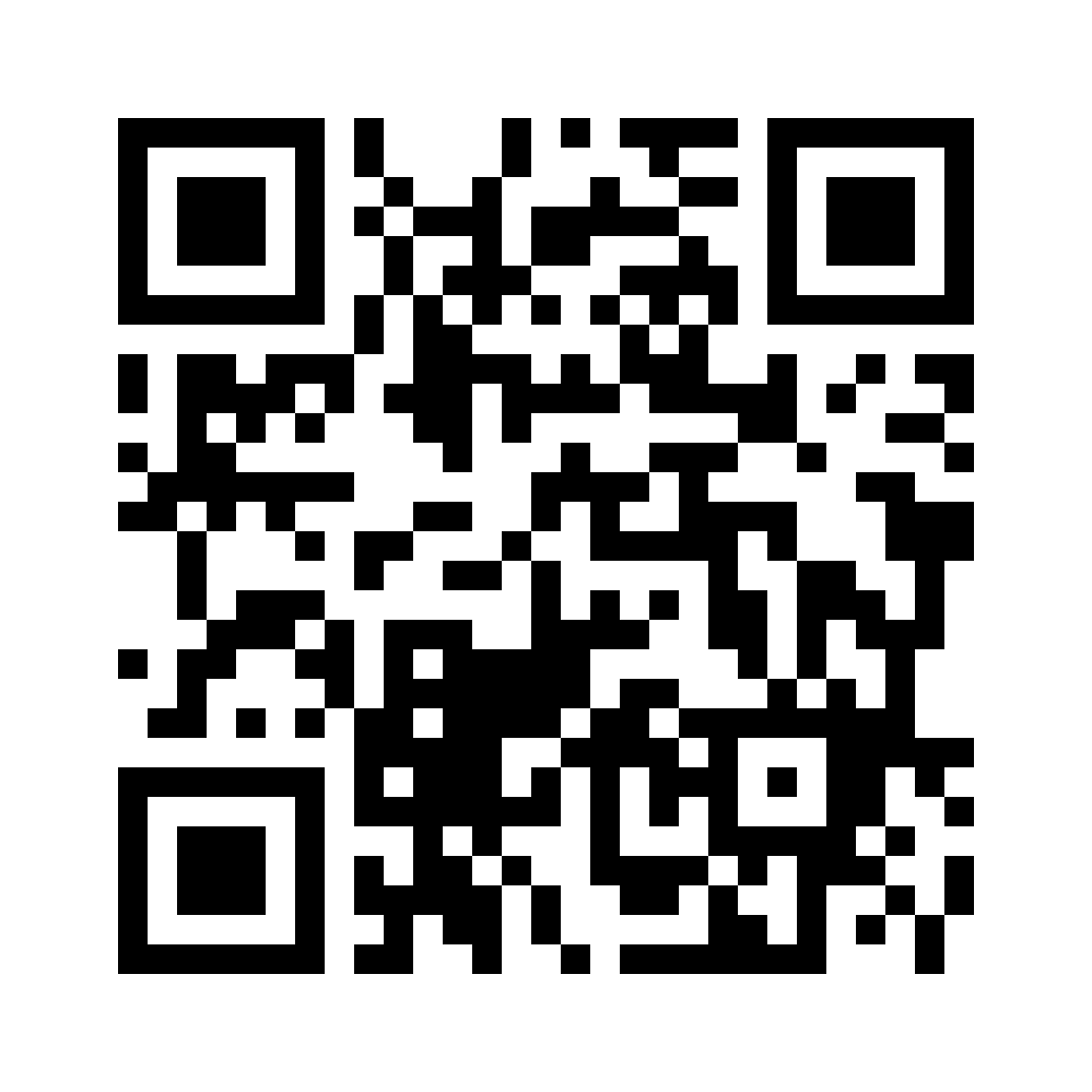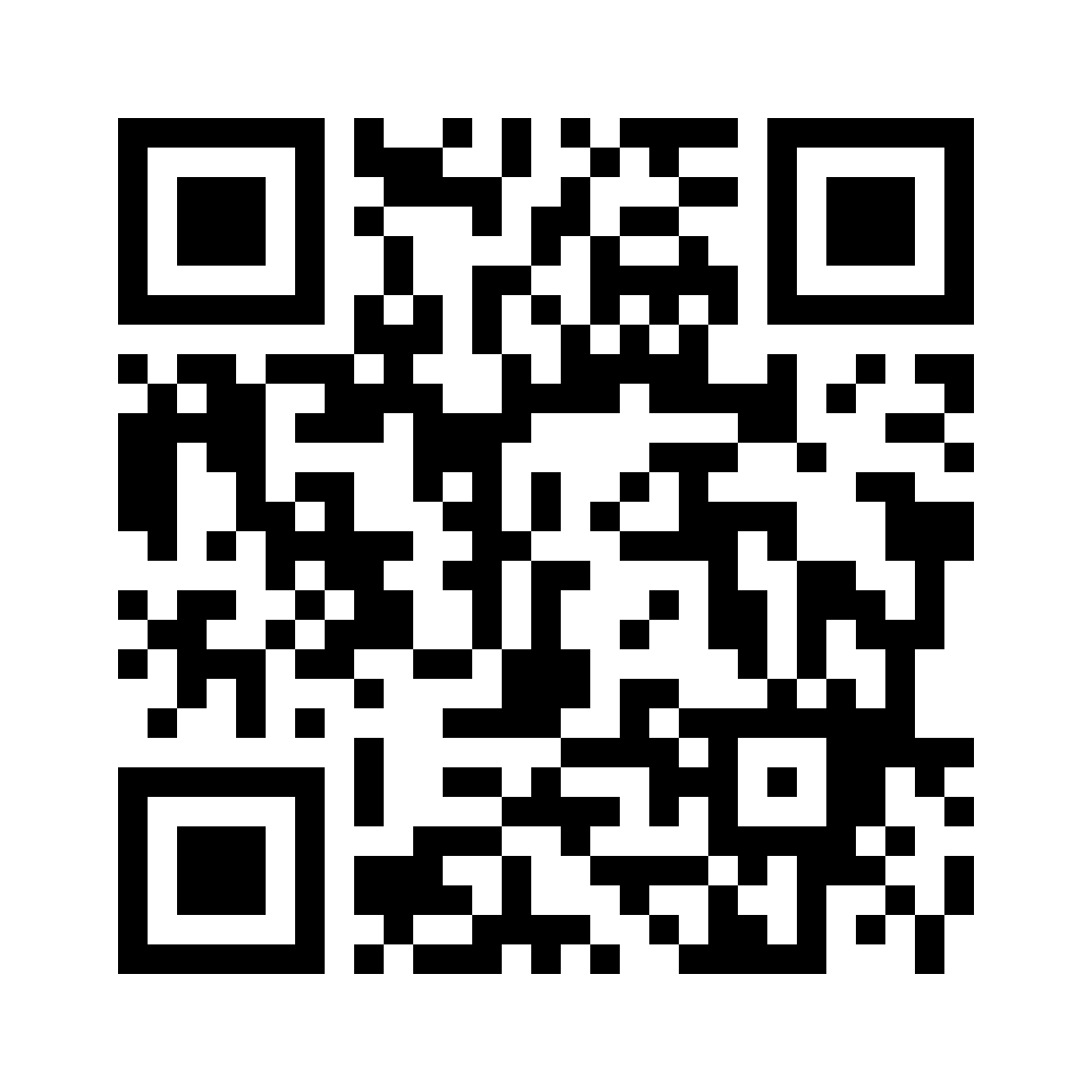What we have to do to achieve talent is to change and change rapidly to the assessment technologies, methods and approaches that we still apply in most organizations, where there are still no be changed. At the same time, the tremendous and rapid change in organization recruitment that the business is using. We need to be aware of these changes if recruitment and selection methods are to increase their employment potential. In this context, seven themes were identified to consider impacting recruitment and selection practices. These are organizational changes, job changes, personal changes, social changes, legal changes, technological changes, and market changes. As with the outcome of the change, there are five predictions for future talent recognition.
The hiring process will change.
There will be changes in emphasis on “Fairness” of selection tools and selection events including attraction phase and initiation/socialization phase.
Attraction is becoming increasingly important, especially in graduate recruitment. The number of university graduates is growing faster than for jobs at the same level. This inevitably leads to higher, larger number of applications and more restricted vacancies, increased application management and screening problems. This is especially relevant for organizations with a high community profile. In these institutions, we see in our research, there is a tendency to attract applicants but not graduates. Of course, this will still be a “hot spot” where highly qualified graduates can enter the job market. In cases, we need to change the traditional approach to focus on individuals. (How can we get our offers accepted?).
Required skills: Managing the recruitment image of the company, managing a large number of candidates, selecting in fairness and accuracy, introducing new applicants with special emphasis on the socialization of individuals in the organization.
The choice of methods will vary.
Aptitude, personality and ability testing is universally applicable and used in most organizations. This issue arises particularly in relation to graduate recruitment, where familiarity testing is already an issue around instinct, but it also affects generational selection of managers. with these trials over the past 10 years. There are very few companies in the market like IBM Kenexa & Jobtest, SHL, Cubik, Kon Ferry.
What measures change.
Interviews was named the most popular selection/assessment method. After at least a decade of the interviewing boom, the theory is leading to the organizational support round or basic competency interview approaching some form. The plausibility of a structured or competency-based interview is better than ever.
Testing and Evaluation Centers will increase in popularity, and they will continue from graduates and managers, both supervisors and store employees., and also reach top administrators and partners in the profestional company. Their aim is to be able to continue to combine assessment and development, although we are also seeing an increase in the use of “pure” assessment centers where the whole emphasis on engagement goes to personal understanding. In general, testing and assessment centers are fair, structured and standardized because they are competent at predicting candidate outcomes.
The focus of the review will change.
Currently, capacity is at the top. This may not last, some would say not long, although our position has always been to shorten useful behavior through an explanatory concept such as “likelihood” or “characteristics”; Either way, it's been true in psychological measurements over the past 60 years. However, year after year, across definitions, ephemeral, so be prepared for the “next big thing”. Our prediction is that individual attributes will be selected for evaluation. Perhaps, and we are interested in this, there is a greater emphasis in the psychological aspects of the individual, for example: integrity and honesty, the ability to learn, mental health god, innovation and creativity.
Issues of equity and diversity will be high on the agenda.
Equity is always important when thinking about choice and judgment, and the scope of “fairness” can only widen. Social dispute resolution is becoming increasingly controversial, and this reflects increased numbers of courts that have raised concerns about unfair treatment throughout the review. If your processes are not fair, then you can take it to court by someone sooner or later.
As managers move a lot between countries, the assessment will need to be able to consider different cultures and languages. Employers and interviewers were asked to assess “cultural adaptability” among managers aiming to serve internationally. In another example that we know of, a company from Far East in Indonesia, there is an anxiety about the prospect of 55-year-olds working on the lines. This is not age prejudice; This is a concern to avoid situations where elderly workers would like to be accommodated.
In short, competency frameworks can be powerful things. If it is used as the basis for recruitment and selection. development and rewards, fairly soon people will get the message and start implementing the behaviors being reinforced and the organization will be more successful, increasing its competitiveness.

